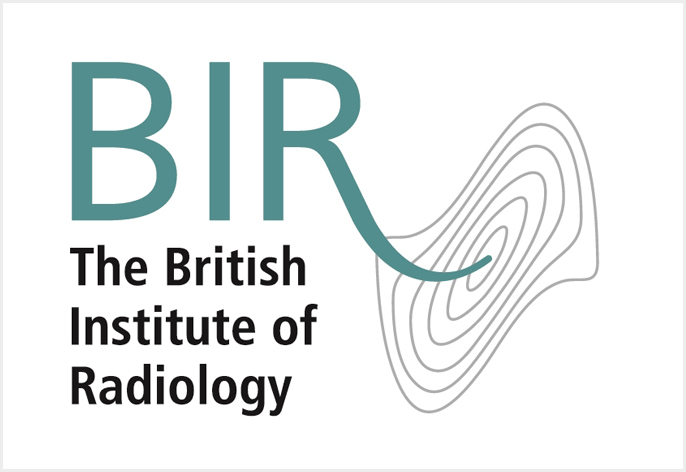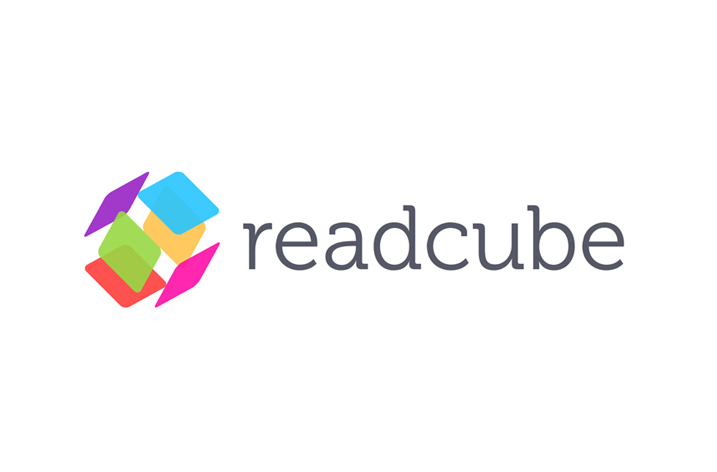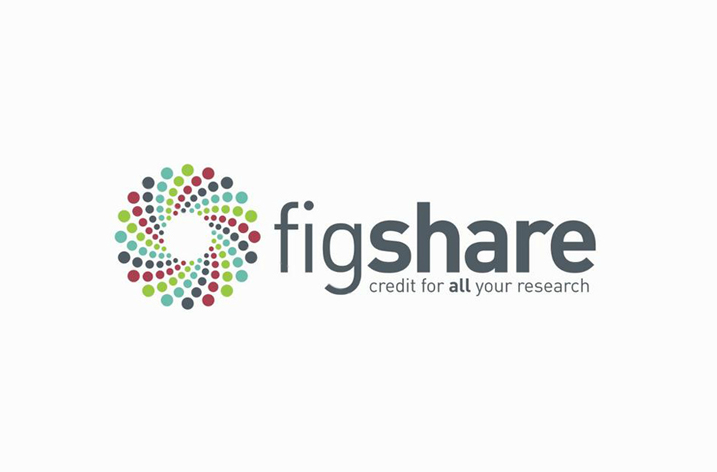Digital Science is pleased to announce the launch of two new products – Dimensions Research GPT and Dimensions Research GPT Enterprise – bringing the unmatched, trusted research coverage of Dimensions to the ChatGPT platform.
Users can get AI-generated answers to research-related questions on the GPT platform informed by Dimensions’ huge database, making ChatGPT more research-specific for topic exploration.
Available to users of both the free and paid Dimensions Analytics web application, Dimensions Research GPT and Dimensions Research GPT Enterprise help overcome challenges of sheer volume of content available, time-consuming tasks required in research workflows, and the need for trustworthy AI products.
By delivering a next-generation search experience, the products help users to understand research fields and find literature relevant to complex concepts rather than simple search terms. As such, Dimensions Research GPT and Dimensions Research GPT Enterprise can help researchers accelerate the path to discovery and innovation.
With Dimensions Research GPT, any Plus or Enterprise ChatGPT Store subscriber can gain insight from the tens of millions of Open Access publications available through Dimensions, providing a quick and effective search of open research on the user-friendly ChatGPT platform. Search results include clickable links that take users to Dimensions, where they can learn more about source materials.
Dimensions Research GPT Enterprise is available to mutual ChatGPT Enterprise and organization-wide Dimensions customers, and incorporates insights from all publications, grants, clinical trials and patents within the Dimensions database. Queries such as “tell me about clinical trials for malaria vaccines”, followed by “tell me about the key research articles that underpin these trials”provide answers that come fully linked to the research literature behind the responses, ensuring that researchers can access and check the source of the information.
Organizations keen to tailor Dimensions Research GPT Enterprise to better meet the needs of specific use cases are invited to work with our team of experts to define and implement these. Key features of Dimensions Research GPT Enterprise, available for mutual organization-wide Dimensions and ChatGPT Enterprise customers, include:
- Well-structured explanations that help researchers to go deeper into evidence drawn from publication data, clinical trials, patents and grant information
- Ability to search licensed literature in a secure manner
- Notifications each time content generated is based on data in Dimensions, with references and citation details.
See a video of Dimensions Research GPT in action.
The launch of Dimensions Research GPT and Dimensions Research GPT Enterprise represents Digital Science’s broader commitment to open science and responsible development of AI tools.
Dimensions’ new products mark the latest development from Digital Science companies that harness the power of AI. In 2023 Dimensions launched a beta version of a natural language querying tool with the Dimensions AI Assistant, while ReadCube also released a pilot version of its AI Assistant. Digital Science also completed its acquisition of AI-based academic language service Writefull in late 2023, with 2024 seeing many more AI developments to come.
“Dimensions Research GPT and Dimensions Research GPT Enterprise are transformative tools that have the potential to evolve the capability of scholars to pinpoint material that is relevant to their work with the use of AI,” said Christian Bode, Head of Product at Dimensions. “Powered by the data contained in Dimensions and combined with ChatGPT’s now well-known conversational interface, they give researchers the benefits of Generative AI technology with results based firmly on scientific evidence.”
Digital Science CEO, Daniel Hook, said: “We believe the launch of Dimensions Research GPT and Dimensions Research GPT Enterprise shows our commitment to responsible innovation by enhancing how researchers are able to find evidence that either support or refute their claims. This tool is not simply about answering questions, it is about a new way to explore and find relevant research with greater context.
“The Enterprise solution allows results that can reference data from 350 million publications, clinical trial, grant, and patent records in Dimensions. With research queries returned from such an evidence base, Dimensions’ GPT products lower the risk of AI hallucinations. References to source material embedded in each response also ensures that researchers can not only trust the results, but also verify them.”




























